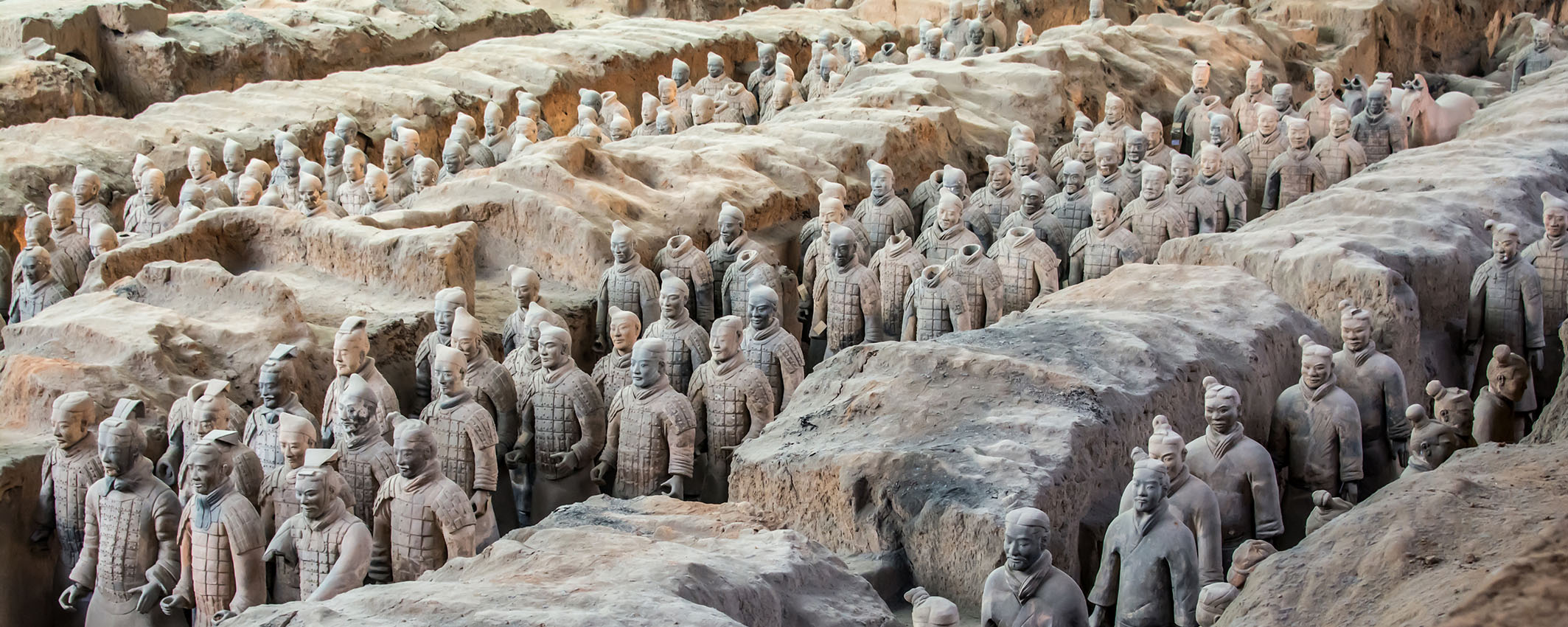 |
CCCH9048 China: Culture, State and Society
|
Course Description
History is vital in navigating our own time and in planning for the future, as well as for providing identity and meaning to a community. But, for China, is this how it functions or is it rewritten and censored to serve Power, has it turned into an obstacle to its rise and modernization? The history wars and extreme nationalism involved in conflicts between China, Japan, and South Korea is, for example, repeatedly fuelling conflict. Historical claims for the South China Sea go against the records of other involved nations, as does what seems to be a Chinese insistence to the return of a sinocentric tributary system.
This course grapples with the weight of China’s history, its institutions, ways of life, belief and power relations, and how this affects China’s potential to continue its modernization process. It scrutinizes the fabrication of history in China, asking how master narratives have been created and what facts have been selected, actively forgotten or silenced? How has, for example, museum design addressed questions of historical consciousness, identity and history? How are different forms of material cultural heritage used and how is local history represented and imagined? Similarly important, on an individual level, what are the social effects of the imposed amnesia around events actually experienced? The course asks what purposes history serves and has served, from the ‘abject’ past of modern China to the very cornerstone that the nation’s leadership builds its legitimacy on. It engages students with historical memory and its projection into the future, arguably the most important raw material that has been used over the last two decades to construct China’s national identity.

Course Learning Outcomes
On completing the course, students will be able to:
- Explain major problems and controversies relating to China’s history culture.
- Analyse the importance of history in the establishment and development of the People’s Republic of China.
- Formulate critically various issues relating to history, memory, and heritage in contemporary China.
- Discuss the importance of history and historical consciousness for the future of the Chinese state and society.
Offer Semester and Day of Teaching
Second Semester (Wed)
Study Load
| Activities | Number of hours |
| Lectures | 24 |
| Tutorials | 8 |
| Reading / Self-study | 48 |
| Assessment: Group project (incl preparation) | 40 |
| Total: | 120 |
Assessment: 100% coursework
| Assessment Tasks | Weighting |
| Tutorial participation | 30 |
| Group project | 40 |
| In-class quizzes | 30 |
Required Reading and Viewing
- Buruma, I. (2017, June 19). Are China and the United States headed for war? The New Yorker. From https://www.newyorker.com/magazine/2017/06/19/are-china-and-the-united-states-headed-for-war
- Carrai, M. A. (2020). Chinese Political Nostalgia and Xi Jinping’s Dream of Great Rejuvenation. International Journal of Asian Studies, 18(1), 1-19.
- Denton, K. (2014). Exhibiting the past: historical memory and the politics of museums in postsocialist China. Honolulu : University of Hawai‘i Press.
- Johnson, I. (2016, June 8). China’s memory manipulators. The Guardian. From https://www.theguardian.com/world/2016/jun/08/chinas-memory-manipulators
- Lin, C. (2015). The Year Hare Affair (1st season). From https://www.youtube.com/results?search_query=The+Year+Hare+Affair+first+season
- Ng, O. -C., & Wang, Q. E. (2005). Mirroring the past: The writing and use of history in imperial China. University of Hawaii Press: Honolulu. From https://scholarspace.manoa.hawaii.edu/bitstream/handle/10125/23078/%2347_Ng.pdf?sequence=1 [Prologue]
- Schell, O. (2016, October 5). To forget or remember? China’s struggle with its past. The Washington Quarterly, 39(3), 143-157.
- The Australian National University. (2005, March). Beijing: The fate of the old. China Heritage Newsletter. From http://www.chinaheritagequarterly.org/features.php?searchterm=001_beijing.inc&issue=001
- Wang, Z. (2012, Spring). Never forget national humiliation. The Newsletter, 59. International Institute for Asian Studies. From https://iias.asia/sites/default/files/IIAS_NL59_3233.pdf
Course Co-ordinator and Teacher(s)
| Course Co-ordinator | Contact |
| Dr P. Johansson School of Humanities (History), Faculty of Arts |
Tel: 3917 7935 Email: pejoh@hku.hk |
| Teacher(s) | Contact |
| Dr P. Johansson School of Humanities (History), Faculty of Arts |
Tel: 3917 7935 Email: pejoh@hku.hk |

